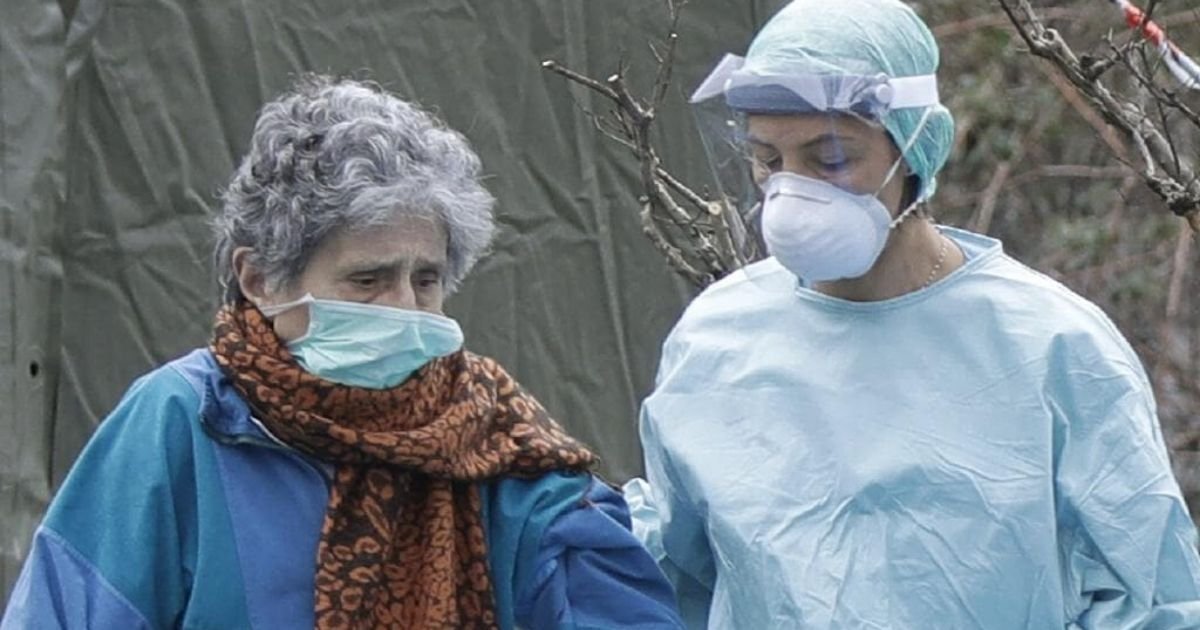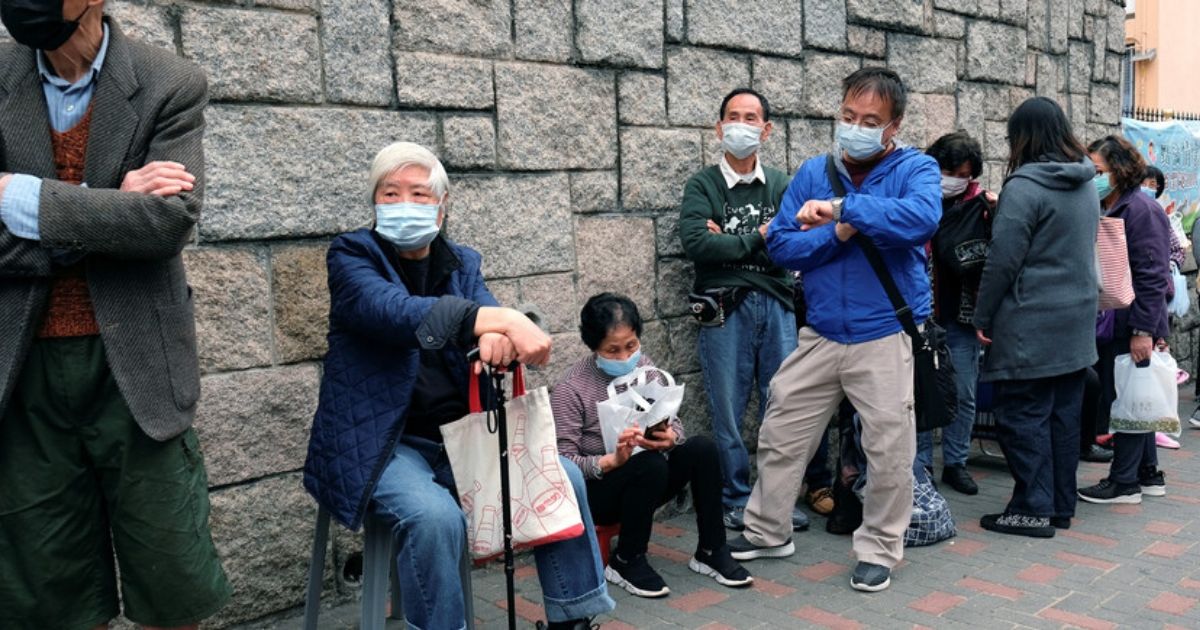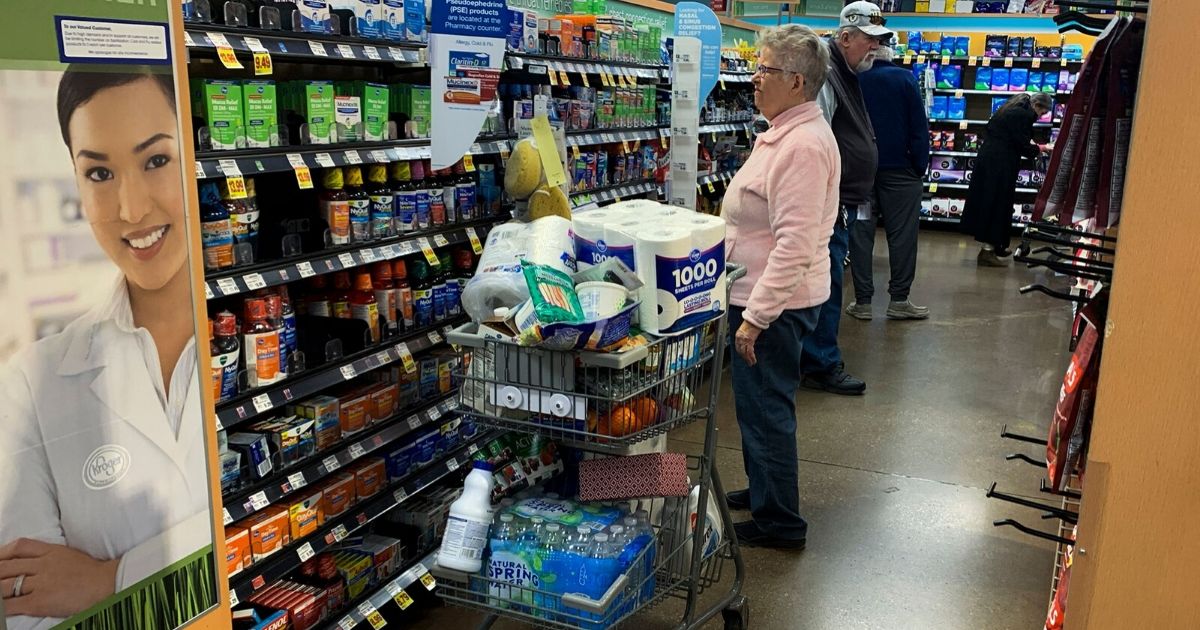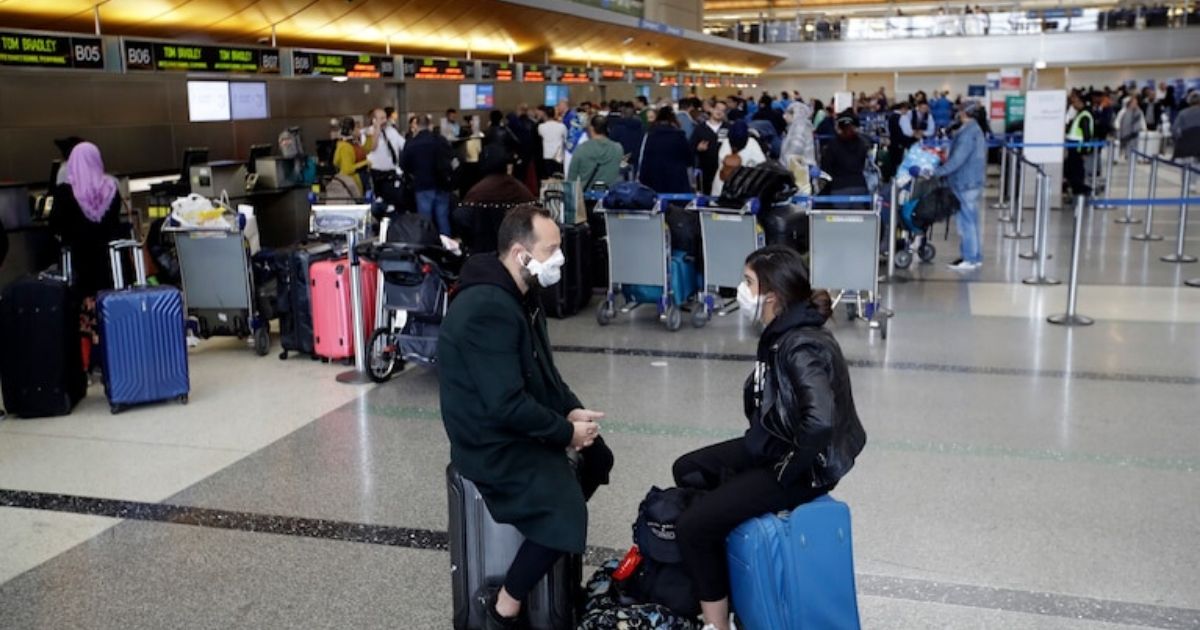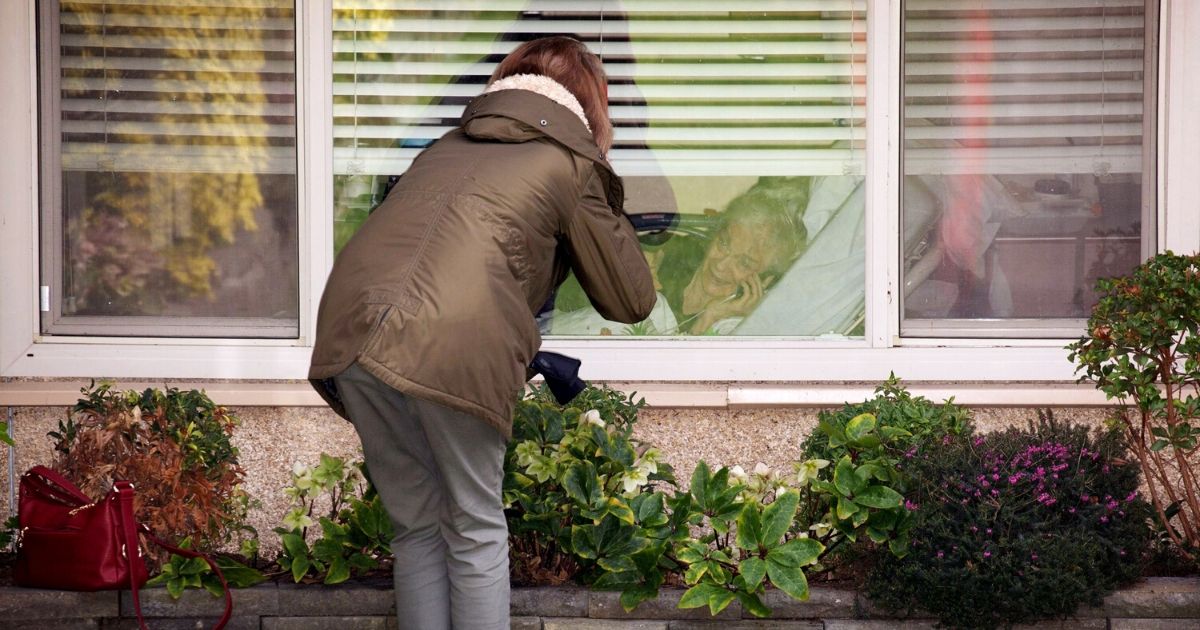COVID-19 can infect anyone, but it’s the elderly, ages 60 and up, are more vulnerable to it.
Some tips are applicable to all, but there are specific precautionary measures for the elderly to protect their health.
The Centers for Disease Control and Prevention provided a guide on what people above 60 needs to know about the COVID-19. This changes as officials learn more, so monitor your local health department and the CDC for updates.
Know your risk level
The CDC says “older adults” and people with severe chronic illness are more likely to become severely ill from coronavirus. Infectious disease experts define “older adults” as anyone that ages 60 and above, so people in that age group should be vigilant.
According to Dr. Samir Sinha, though it is possible to get the virus at a younger age, it’s more dangerous in older adults because the immune system weakens with age. Dr. Sinha is the director of Geriatrics for the Sinai Health System and the University Health Network in Toronto.
Precautions to take
Dr. Carla Perissinotto, an associate professor in the Geriatrics Division of the University of California-San Francisco’s Department of Medicine.
One precaution to take is to cancel all non-essential doctor’s appointments. Whether it’s a standard check-up, a follow-up appointment for a stable condition or an elective procedure, if it can wait, then it should. If there’s an important appointment coming up, consider doing it in a video call or from your smartphone.
Telehealth tech lets physicians confer with patients who may not be able to leave their homes.
Otherwise, do what you need to do during flu sason. Wash your hands the right way. Use hand sanitizer when soap and water are not available, though washing your hands is preferred.
Things stock up on
CDC recommends keeping enough groceries and toiletries on hand to last you a “prolonged period of time.” There’s no timeline for the coronavirus outbreak, so think basic like toothpaste, detergent, water filters, etc. If you’re concerned about food, make meals and freeze them.
However, stocking up on medication ahead of time isn’t always plausible, Perissinotto said. You may be able to switch to a 90-day supply for your prescription. If this isn’t possible, the CDC suggests mail ordering medications.
Alter daily activities
Older adults living in communities where the virus has spread should take extra precautions. Avoid public places where crowds may gather or poorly ventilated buildings where the risk of transmission is higher, the CDC said. And again, constant — and proper — handwashing before, during and after a trip into the public is necessary.
On how to handle travel
The CDC advises against non-essential plane travel for older adults. Several US airlines have already slashed their flight schedules for the next few months. It’s wise to stay off cruise ships for now, too. If you’re already made cruise plans, it’s best to cancel them.
On self-isolation
The CDC recommends that high-risk groups in communities with outbreaks stay home as much as possible and that people who believe they’re sick isolate themselves. However, long-term isolation can be damaging. Perissinotto studies the effects of social isolation in older adults, and she said that loneliness and depression are “huge risks for mortality.
” So if you need to isolate yourself, don’t cut off contact with family or friends. Keep in touch to update them on your condition and ease boredom.
How your family can help
Your family should think ahead. Perissinotto recommends that family, friends and neighbors of older adults do some inventory in case the older adult needs to isolate at home.
- Does this person have what they need to spend an extended period of time inside? If not, help them prepare supplies.
- If their caregiver calls in sick, is there someone who can step in to take care of them? Have a plan in place to make sure they’ll get care if they need it.
ADVERTISEMENT - If they have a telemedicine appointment coming up, will they know how to access it? Set up the tech and show them how to use it to speak with their physician.
On nursing homes
It’s normal to be fearful for family in nursing homes and long-term care facilities, Sinha said: Older people and people with chronic illnesses, both high-risk groups, are living together in tight quarters.
The good news is most nursing homes and long-term care facilities are prepared for pandemics, Perissonotto said. The CDC provides training for long-term care facilities on how to operate during pandemics. If you’re concerned about the safety of your family member or want to learn about the protocol their facility is following, contact staff at the facility.
When visiting loved ones at nursing homes
This depends on whether the nursing home is accepting visitors. The CDC doesn’t recommend a blanket-ban on visitors, just those who show respiratory symptoms, like coughing and sneezing. The Society for Post-Acute and Long-Term Care Medicine recommends that facilities screen visitors before entering in outbreak areas.
Some long-term care facilities have stopped allowing visitors to protect their patients. Call your facility ahead of time to find out its current policy and set up an alternative mode of communication between residents and family. And it goes without saying, but if you’re sick, don’t visit.


